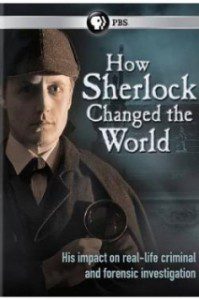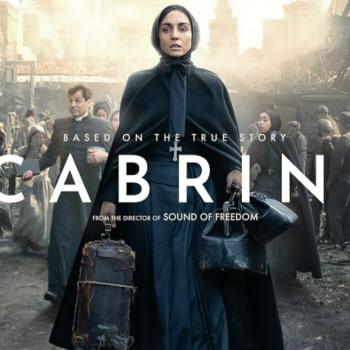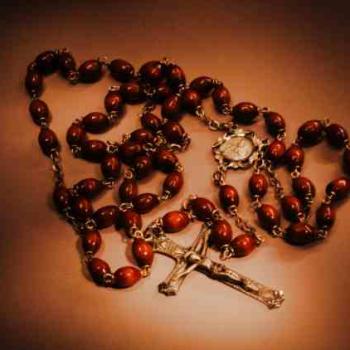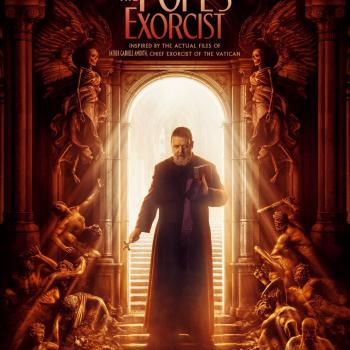
9 p.m. EST Tuesday, PBS (Check local listings)
For fans of Sherlockology, this two-hour BBC documentary will confirm the belief that Sherlock Holmes is the greatest and most influential detective in history, even if he is a fictional character created by a Scottish eye-doctor-turned-writer, Sir Arthur Conan Doyle (1859-1930).
The BBC-produced “How Sherlock Changed the World” and its producers are in love with the BBC drama “Sherlock,” starring Benedict Cumberbatch as Sherlock Holmes and Martin Freeman as Dr. Watson. “Sherlock” may be the best show on television you are not watching. As much as I enjoy CBS’s modern interpretation “Elementary,” starring Jonny Lee Miller as Holmes and Lucy Liu as Watson, “Sherlock” is contemporary, compelling, intelligent, entertaining and simply brilliant.
Forensic science would not exist as it is today without the prideful and quirky Sherlock Holmes, Doyle or Doyle’s professor, surgeon Joseph Bell (1837-1911) of Edinburgh University in Scotland. Bell was considered the first surgeon to practice his profession on a scientific level, and Doyle modeled Sherlock Holmes on him. Both Bell and Doyle were eventually involved in solving criminal cases.
The first forensic lab was established in the UK in 1935, but a French detective was way ahead. Edmond Locard ran the first forensics lab beginning in Lyon in the early 1900s. Then, in 1906, Austrian judge Hans Gross noticed how inept investigations were in his jurisdiction and, basing himself on Sherlock Holmes, wrote what the documentary calls “the most important book ever on criminal investigations.”
Today’s police procedurals on television and in film owe their popularity — and claims to authenticity — to the stories about …. CLICK HERE to continue reading on my blog at the National Catholic Reporter
(Benedict Cumberbatch as Sherlock Holmes and Martin Freeman as Dr. Watson in the BBC’s hugely popular TV series “Sherlock)













